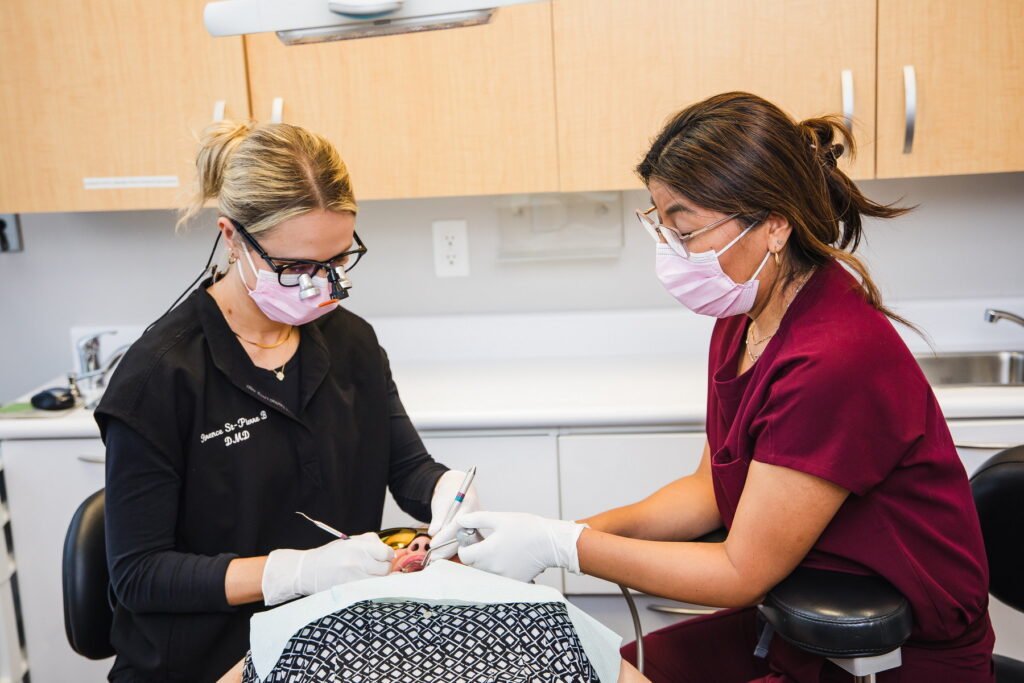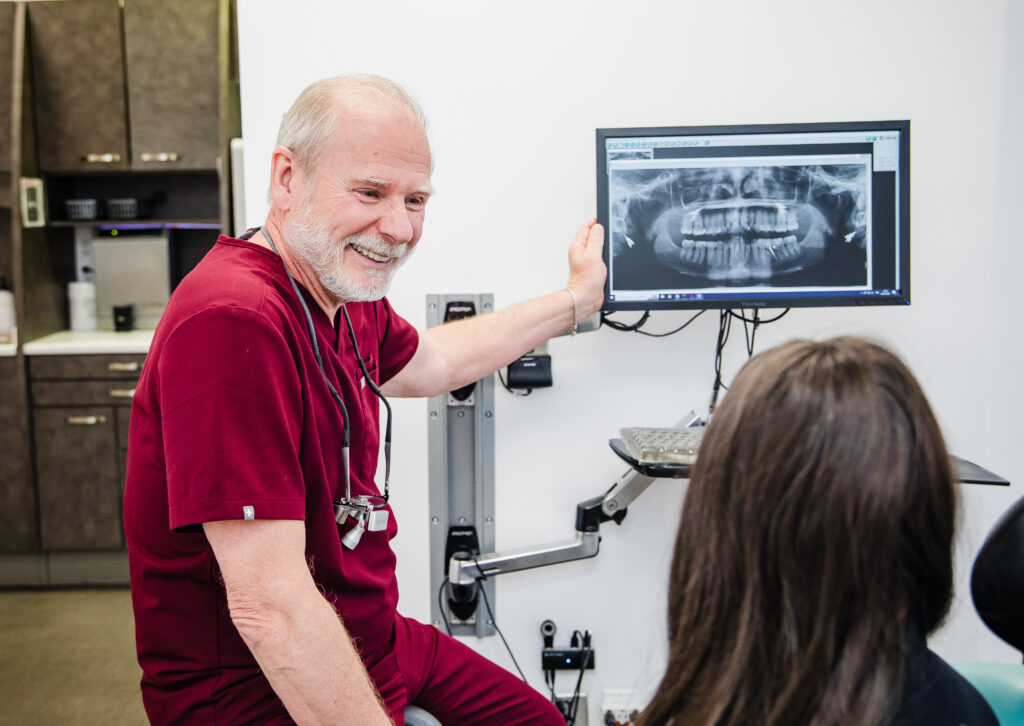Your dental questions, answered.
When mouth symptoms don’t add up, oral medicine helps make sense of them.
If something’s been going on in your mouth and no one’s found the answer yet, it might be time to look deeper. Oral medicine bridges the gap between dental and medical care—so you’re not left guessing.


